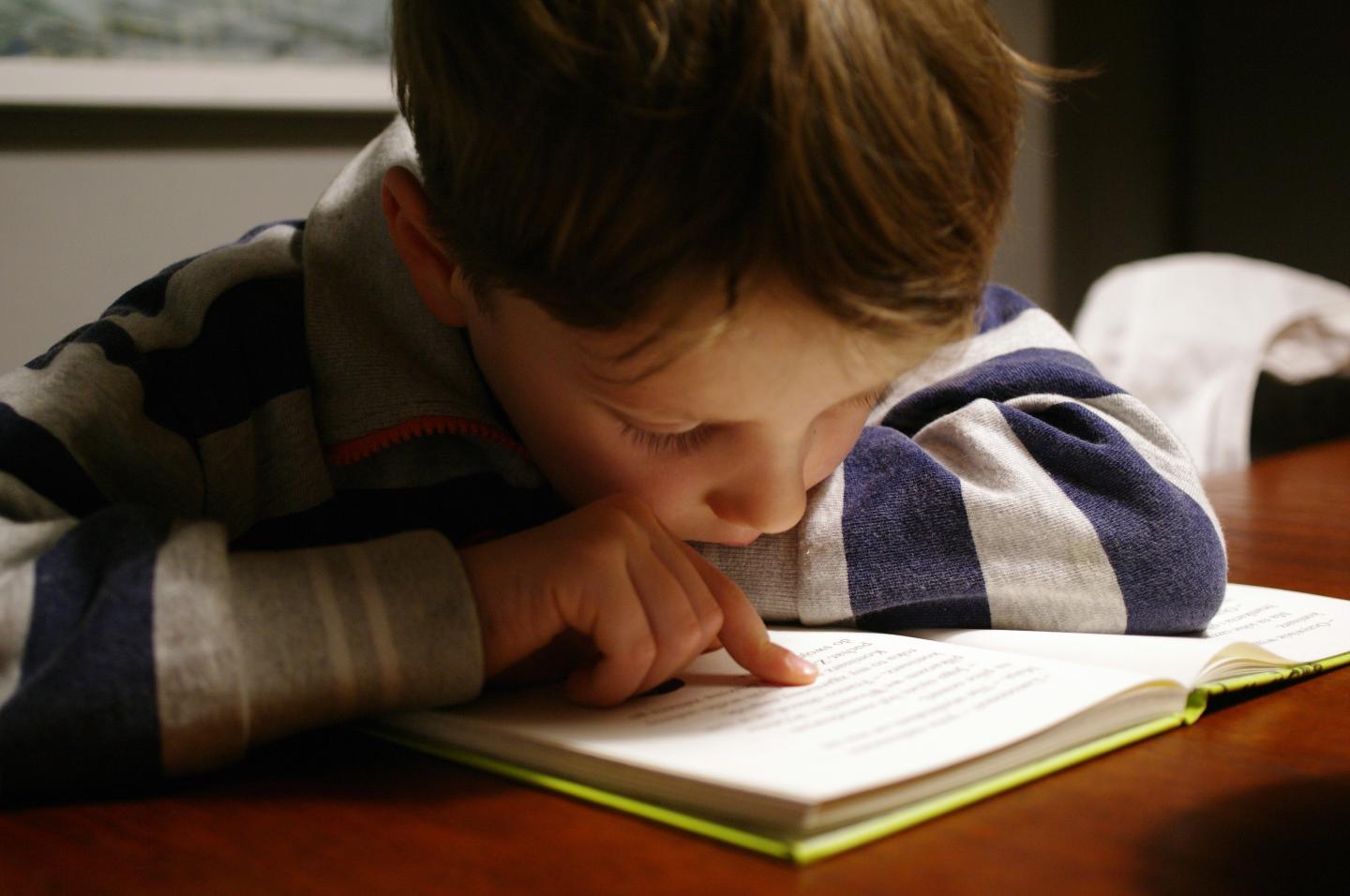
Attention-Deficit/Hyperactivity Disorder (ADHD) is a neurodevelopmental condition that often emerges in childhood, affecting a child's ability to focus, control impulses, and regulate activity levels. There are different types of ADHD, and not all children present similarly. Symptoms typically interfere with daily functioning and affect learning, social interactions, and relationships. ADHD patterns vary and change throughout the day: inattention, hyperactivity, and impulsivity are commonly seen. Children can have more hyperactivity; some can be more in the inattentive spectrum, or the child can have both hyperactive and inattentive symptoms.
Common Symptoms in Children:
Recent research highlights that emotional dysregulation, such as frequent tantrums and difficulty managing intense emotions, can be early indicators of ADHD in preschool-aged children. This might look like sudden outbursts, foul language, irritability, hitting and kicking, or throwing things. Regulating emotions and self-soothing is challenging. Mood changes very quickly.
Treating ADD/ADHD and managing the symptoms is multifaceted. There is a genetic link that plays a role. Neuroinflammation and gut health is a main focus point in naturopathic medicine. The gut microbiome is an important player for neurotransmitters. There are several micronutrients that are needed for proper brain function. Food has an enormous role in our health in general but is particularly important with these kids. A child with ADD/ADHD needs a lot of support. Physical activity is essential. A structured environment helps and giving the child smaller tasks is important to avoid feeling overwhelmed. Parents benefit from getting support as well, understanding the challenges and the child’s needs helps parents to regulate their own emotions, especially if the child is struggling with emotional regulation.
Located within: Blog.
Have a question or need to schedule an office visit?
Please fill out the form below or call 480.771.4422.
have you seen us?

8952 E Desert Cove Ave, Ste 208. Scottsdale, AZ 85260
© 2025 Natural Kid Doc, Dr. Kiera Smialek ND, FABNP
all rights reserved. privacy policy